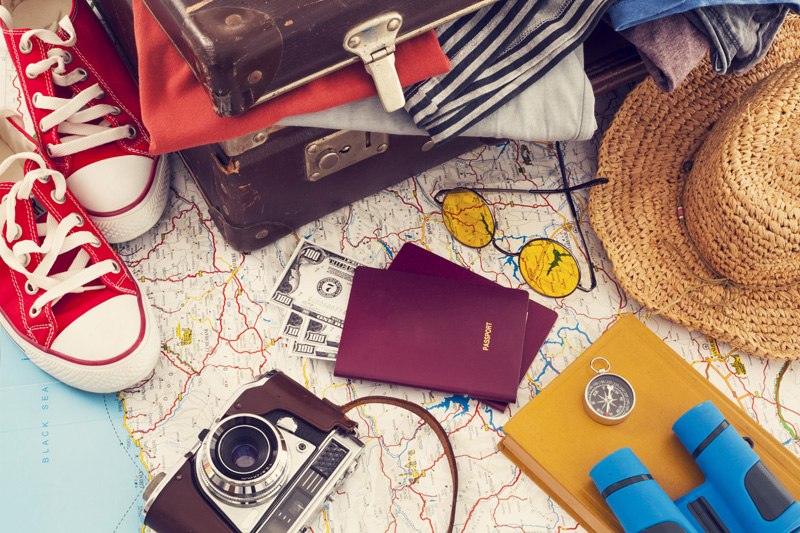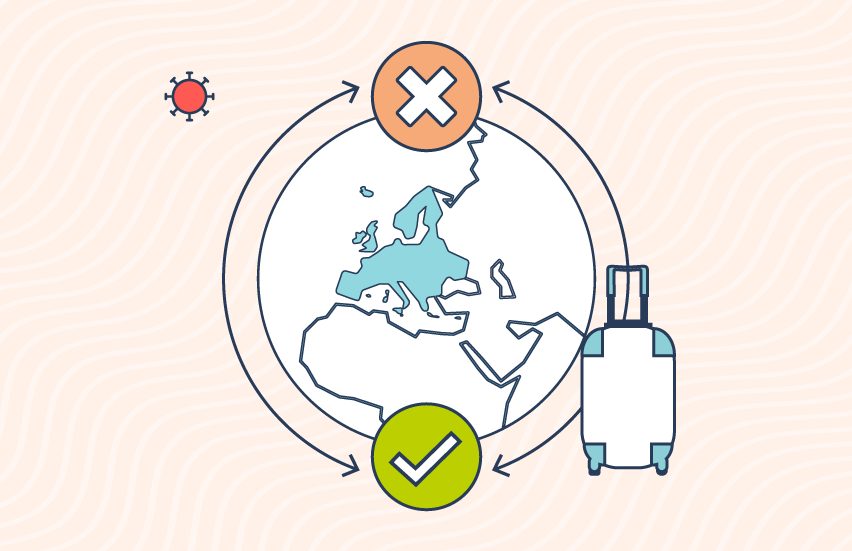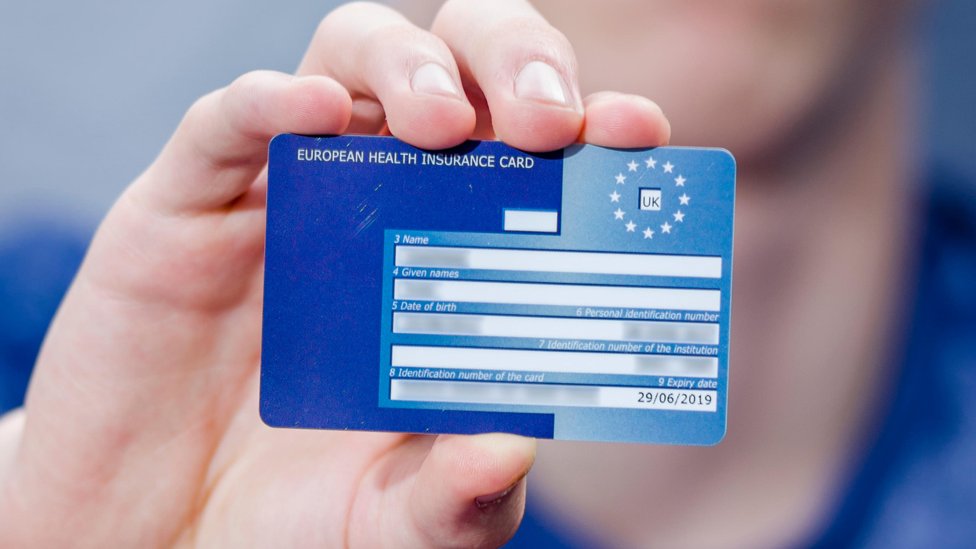
The situation on taking holidays abroad from the UK seems to change in the headlines every day, but fear not sun-seekers: 2024 doesn’t have to be a write-off for foreign holidays! There are still ways and means of getting abroad safely, and our 7 top tips will help you enjoy this summer just as much as any other.
Table of Contents
1. Reduce your quarantine with ‘Test To Release’
Those returning to the UK from countries not on either the ‘travel corridor’ list or the ‘green’ list must isolate at home or in a designated hotel for 10 days upon their return. Travelers must complete PCR tests with negative results on days 2 and 8 of their quarantine, but don’t worry because special travel test packages can be purchased. These provide a test to be taken on day 5 and if results are returned negative for Covid-19, quarantine can be exited early. Learn more here.
As businesses rebuild post-pandemic, ending quarantine early is an increasingly popular option for employers. Ask your manager ahead of time if you’d be more likely to be granted annual leave across your chosen dates if you weren’t restricted for as long upon your return, and take this into consideration.
2. Research restrictions ahead of time

img source: europa.eu
Every country and territory has its own coronavirus restrictions and they’re not the same as the UK’s – in many cases, they’re considerably harsher! Mask wearing with no exemptions may be in place, or business closures at a certain time. Research the rules where you’re going ahead of time so you can be best prepared. Many countries and territories require non-citizens to carry ID with them at all times, as well as other items. Be sure that you have all of these and that you’re prepared, with the phone number and contact details of your closest embassy or consulate at hand should you need it, so you’re able to access British help abroad.
3. Keep an eye on the traffic light list
The UK Government’s traffic light list for travel destinations is not set in stone and is scheduled for review every 3 weeks. Countries and territories can move up and down in risk factors and may be shifted outside of the usual 3-week timetable if cases rise quickly, so you need to be constantly informed of your destination’s placement and its impact on your travels. Also being updated regularly is the travel advice and guidance for each country and territory. This can be researched in advance. It is always recommended that you understand the latest rules before departure. While travel agents will do all they can to keep you up-to-date, pandemic restrictions are ever-changing, so the ultimate responsibility for information lies with the traveler.
4. Pack masks!

img source: toryburch.com
The rules around masks vary from place to place. Some places, such as the holy pilgrimage of Umrah, needs also visas for citizens from the US to enter the country; visit this website to have further information on requirements.
There are a great number of areas elsewhere in the world that only admit single-use surgical masks, and many that require masks to be worn outside. Pack plenty with you as prices are likely to be at a premium when you arrive. Elsewhere in the world, the requirements for PPE differ — and many countries or territories do not permit clear visors only to be worn. Research ahead of time before you go and stock up on whatever you need. Don’t forget that if you’re unlikely to have access to the regular laundry when on holiday, disposable masks may be more sanitary to use than reusable cloth ones. Some countries require specific ‘grade’ masks to be used in public areas or on public transport. Ensure you understand exactly what is required there and order them well ahead of departure so that you have plenty.
5. Keep vaccination and health records on you
Many locations are only admitting those who can prove their full vaccination status, so ensure that if you have been vaccinated (or are exempt from safe vaccination) you’re able to prove it. The hidden disabilities sunflower scheme is only applicable to the UK and so you must be aware that any exemption to regulations that you hold in the UK may not apply elsewhere in the world. Keeping full health records on you is the best way to evidence any relevant conditions or circumstances where you may require differing treatment. In some countries, the NHS app on a smartphone will be sufficient to prove exemptions and/or vaccinations, but elsewhere it may be advisable to carry verified paper copies.
6. Update your EHIC

img source: bbci.co.uk
Now that the UK has left the European Union, the European Health Insurance Card (EHIC) is no longer valid for British travelers. Instead, you can register for a Global Health Insurance Card (GHIC) which will cover you for state-provided medical cover when you’re traveling to an EU country. The GHIC, despite its name, does only cover medical treatment in EU countries and, much like the old-style card, should only be ordered directly from the government. There are lots of companies and websites out there offering GHICs for a fee, but they’re free and you should never pay for one. If you still have an EHIC that is in date, it can still be used but once expired must be replaced with a new GHIC.
7. Learn some phrases
Consider learning some extra phrases in the language of the country you’re visiting if it’s not guaranteed everyone will speak English everywhere. Google basic sentences for enquiring about mask usage, social distancing and hospital care. This, of course, shows a willingness to locals, but could also help in the case of an emergency or illness developing – and may keep you safe and allow you to get care when needed. It won’t take long so why not note down the phrases phonetically in your phone’s notes and have them to refer to when required?
We’ve already missed out on one year of international travel but we needn’t another. Travel safe, test often and follow regulations, and you’ll be on the beach in no time!







